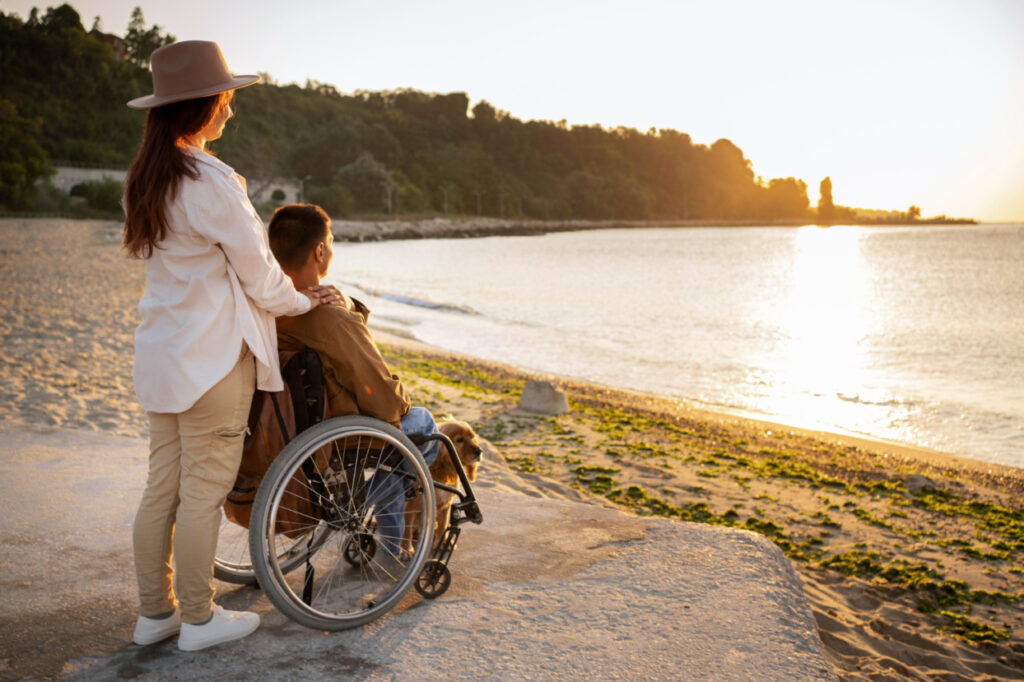How Common Is Covid-19 In Children?
In Australia, the number of cases of COVID-19 in children is low. Only 4.5% of cases have been in school aged children (between five and 17 years). This figure was 2.2% in early June, 2020. The increase is mostly because of more testing and recently recorded cases in Victoria.
How Does COVID-19 Affect Children?
The virus can infect children; however, they are less likely to have symptoms. Their symptoms are milder and they are less likely to develop severe illness. Children dying from COVID-19 is rare.
Do Children Spread the Virus?
Children, especially younger ones, appear less likely to spread the virus among
themselves and to adults. Most children become infected through contact with an
infected adult member of their household. While children can have COVID-19, rates of spread of COVID-19 in schools are very low. Outbreaks in schools are rare.
What Are The Symptoms Of COVID-19 In Children?
The most common symptoms of COVID-19 in children are cough, fever, runny nose and gastrointestinal symptoms.
What If My Child Is Unwell?
If your child is unwell, even if symptoms are very mild, they should stay home. They should not attend school until they have recovered.
If your child has symptoms of COVID-19 or of cold and flu-like illness, even if they are very mild, see your doctor or go to a respiratory testing clinic. Your child can then be assessed and tested for the virus that causes COVID-19. You must follow the advice of your doctor or testing clinic.
What Happens If My Child Tests Positive?
If your child’s test shows that they have COVID-19, they will be have to stay in
isolation. This may be at home unless the home is not suitable or your child is very
sick. Your child must stay in isolation until your local public health unit advises you that your child can leave home and return to school.
Do I Need A Medical Certificate Before My Child Can Return To School?
You should not be required to present a medical certificate or written clearance from a GP for your child to return to school. This applies for return to school after your child has been home with an illness, including COVID-19.
However, all states and territories provide a letter to you/your child (and/or your GP) when your child finishes isolation for COVID-19. You can present this letter to your child’s school if you are asked.
What If My Child Has Other Medical Conditions?
If your child has complex medical needs, ask your health practitioner whether it is
appropriate for your child to go to school.
What Is The Inflammatory Disease That Can Occur In Children With COVID-19?
Recently, a small number of children have become seriously ill with a condition known as Paediatric Inflammatory Multisystem Syndrome Temporally associated with SARS-CoV-2 (PIMS-TS). The link between PIMS-TS and COVID-19 is not yet understood. There have been no cases of PIMS-TS in Australia so far.
Symptoms include:
- fever
- abdominal pain
- gastrointestinal symptoms (vomiting and diarrhoea)
- rash
- irritability
- red eyes
- rarely shock caused by low blood pressure.
Health officials monitor for any cases of PIMS-TS in Australia. The AHPPC published a statement about PIMS-TS on 15 May, 2020. You can get further information from the National Centre for Immunisation Research and Surveillance.
Data Courtesy: www.health.gov.au
Regards: OSAN Ability Assist










